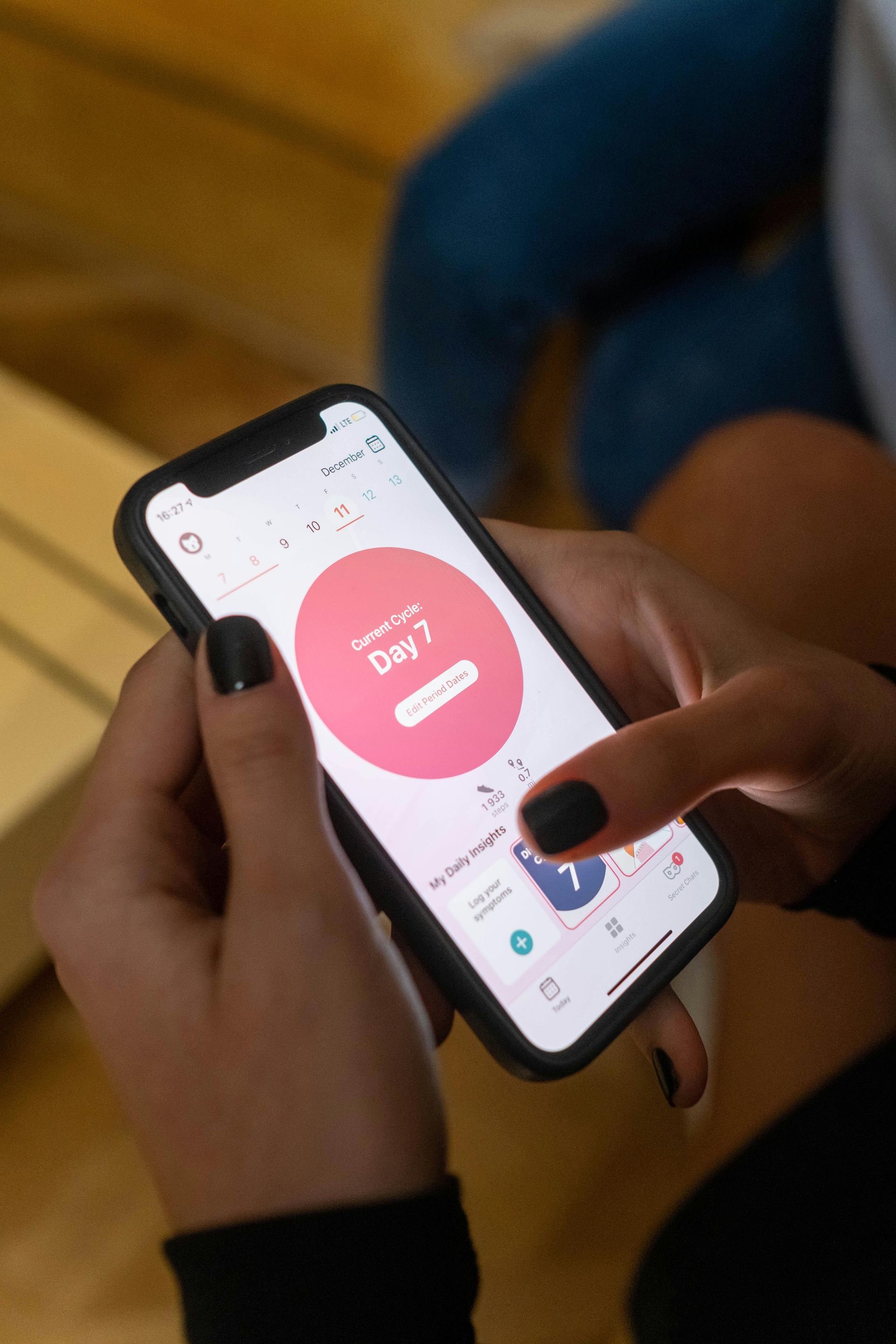How to stop emotional eating & bad eating habits
How to stop emotional eating

Emotional eating is a reactive and unfortunately a poor strategy to managing stress. Because most of us don't know how to self regulate and deal with difficult emotions, when we experience pain we end reacting rather than responding to our stressors. The pain and stress experienced shuts down our prefrontal cortex (rational self) which allows our reptilian/survival brain to run the show making us behave compulsively.
More on your reptilian brain
Your reptilian brain tries to help you survive by avoiding pain and getting pleasure. Excess pain means death and so your brain will do anything to ensure you are not dyeing. And food was the main factor that helped the human species survive and evolve as well as conservation of energy. Which means that your body and brain have linked food to pleasure, survival and evolution. It is deeply encoded in our DNA! And you require a serious solution to fight these powerful urges when your prefrontal cortex is offline, as it is the case when you are highly stressed.
Nowdays since perceived stressors are everywhere, you keep reacting to life and our instinctual/ animal self rules the majority of your decisions. It moves you from awareness and conscious decision making towards automatic and basic survival. And the more you have repeated this behaviour (emotional eating) the more it has become entrained in your neurology. Every decision and action you take has a measurable biochemical and hormonal response. As such when you eat chips to suit your nerves, your body remembers that when stressed chips bring pleasure and create more serotonin. And so next time your experience a similar stressor, your body will prompt you to eat chips because thats what you taught it. It has become automatic and because your decision making centre is offline you are likely to continue repeating this same behaviour until you teach your body and brain to respond in a different way.
So what can you do?
- First you must know your triggers- situations, people, thoughts, believes, time of day, places (specific room/ chair), posture, certain emotions etc. If you don't know what the problem is then you can't fix it.
- Create a clear physical strategy that you can use as soon as you feel triggered (sad, lonely, upset, stressed, overwhelmed etc).
- This could be smiling, changing your posture, breathing and/or running for 10 minutes at a fast pace around the block. Remember when stress kicks in, your prefrontal cortex switches off which makes you less able to think your way out of it. As such using physical strategies to deactivate this response is a priority. Then after you have moved your body you can think your way out of it.
- Play it smart. We can all have those days when you sleep poorly, have an argument with your partner or stuff up at work. When this happens don't keep your trigger foods in the house. Make a contract and commitment with youself that you will not buy these. Some people are genetically strongly visually stimulated by food. Therefore don't rely on will power to carry you through difficult times or even in the day to day. When you are distracted you are also more likely to snack and go for that piece of chocolate. So don't buy them and keep them in the house.
- When shit hits the fan and you are really stressed, the best ways to soothe your nervous system are being in nature, exercising and getting physical touch. Think about a deer who is being chased. Once out of danger the animal will shiver for a few minutes which helps it "shed" the stress and calm it's nervous system. For us this translates into doing the following:
- get lots of hugs,
- seek company of loved ones and share the burden,
- get a massage,
- go the spa,
- have sex,
- watch a comedy,
- do a yoga class, a hike or a run/ walk in nature.
- and the best approach is to get comfortable being uncomfortable and sit with the difficult emotion (more on this on my next blog)...which requires serious practice and commitment.
- Once out of that state then reflect on the event and look at changing your perspective or process to avoid further recurrences. Remember things are happening for you NOT to you!! There is a lesson in everything you experience, so focus on the learning and growing part rather than the pain. And until you built "the right muscles" and learn how manage your self/ difficult emotions, seek support and soothe yourself using above strategies. Practice above for 6 weeks and you will be able to rewire your physiology to respond different when the next stressor hits.
Anca Vereen is an Integrative dietitian, nutritionist, breathing coach and nutrigenomics specialist who specialises in weight loss, stress management and emotional health. https://www.ancavereen.com/weight-loss-program
For more details pls visit https://www.healthline.com/health/emotional-eating




